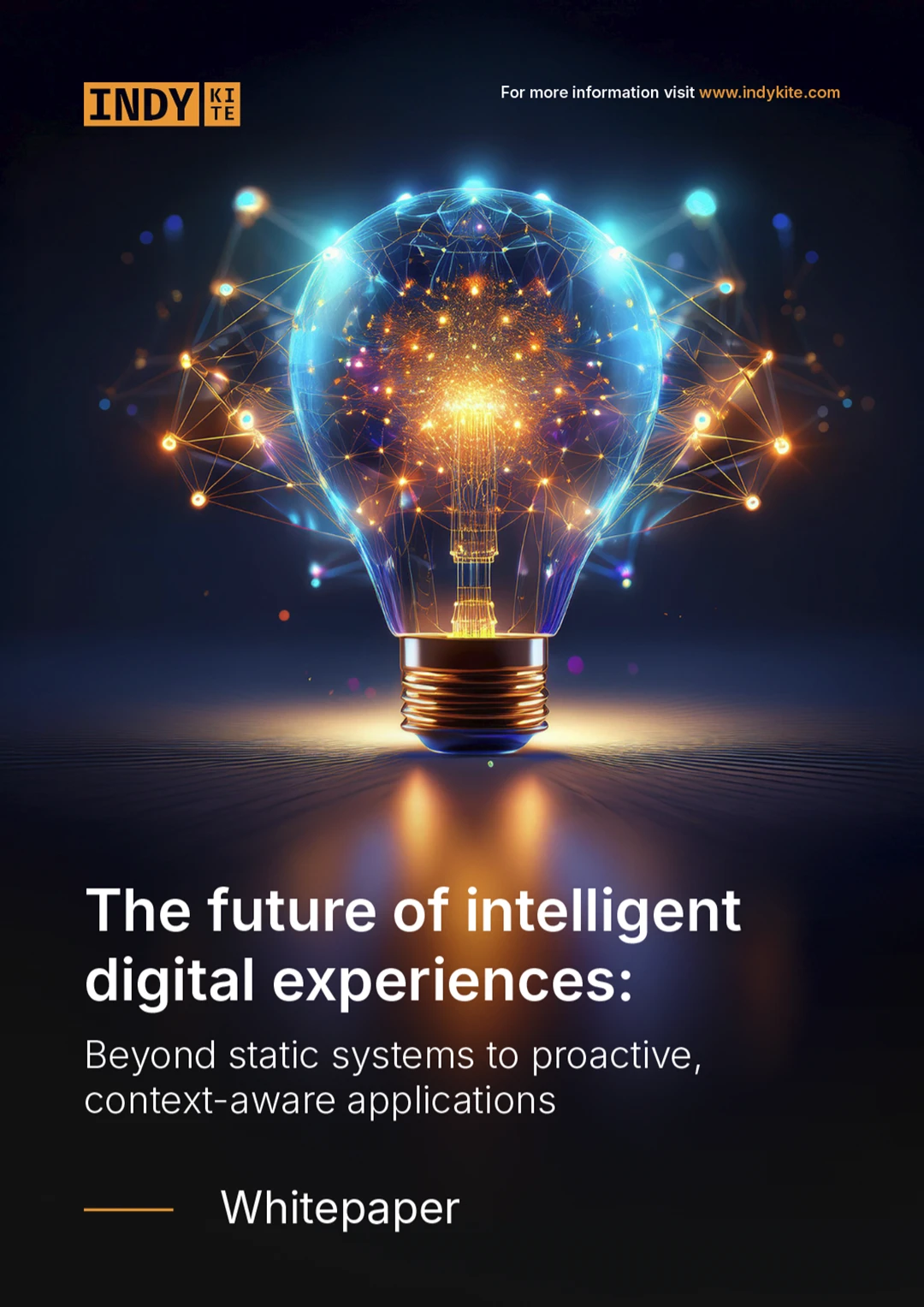AI agents — software systems that act on behalf of people, departments, or organizations — are moving from pilots into real workflows where outcomes carry financial, regulatory, and reputational weight.
These agents are proving their ability to act. The critical question now is whether the data driving those actions can be trusted. When decisions occur at machine speed and without human review, data trust becomes the decisive factor that determines whether AI agents can scale safely.
Why AI agents amplify the trust problem
Traditional analytics and predictive AI often rely on a human-in-the-loop to interpret results and apply judgment. AI agents remove that buffer. They consume data directly, act on it instantly, and interact with other systems or agents without waiting for approval.
In this environment, gaps in trustworthiness become systemic failure points. Outdated inputs can trigger flawed actions; missing governance metadata can cause compliance breaches; fragmented context can lead to misaligned outcomes. Data trust shifts from an enabler of efficiency to the safeguard that makes agent-based autonomy viable.
Operationalizing trust inside AI agents
For AI agents to scale, data must be consumed in a state they can both evaluate and apply in context. This requires more than attaching metadata once and assuming it holds indefinitely. Trust has to travel with the data, continuously assessed, and reinforced by feedback.
Embedded attributes make provenance, governance, and context visible to the agent environment. To be actionable, these attributes must be machine-readable and tied to defined policies. An agent can then apply thresholds or rules — for example, accepting only datasets above a freshness marker, routing incomplete records for enrichment, or rejecting inputs that fall below a trust score.
Trust can also improve over time through feedback loops. Outcomes from agent actions feed back into the trust model, strengthening its ability to evaluate future inputs. A decision that proves accurate reinforces confidence in similar data patterns, while a misaligned outcome reduces it. This ongoing refinement turns trust from a one-time assessment into a living property of the data itself.
Data trust as the foundation for operating AI agents at scale
Deploying AI agents at scale requires more than technical capability. Enterprises need demonstrable oversight: proof that the data driving automated actions meets standards for accuracy, governance, and accountability. Regulators, partners, and customers will expect visibility into the trustworthiness of inputs.
Data trust provides that foundation. With attributes and trust scores embedded into every flow, and auditable alongside outcomes, enterprises can demonstrate which data was used, under what conditions, and how those conditions shaped the agent’s decision path
Building the future responsibly
The trajectory is clear: enterprises are moving toward greater autonomy. AI agents that act on behalf of people, departments, or organizations will multiply in the next decade. The difference between adoption at scale and failed experiments will hinge on whether the data behind those agents can be trusted.
Data trust is more than governance hygiene. It is the control plane for the enterprise AI era — the foundation that allows agents to act independently while keeping organizations confident, compliant, and competitive.















